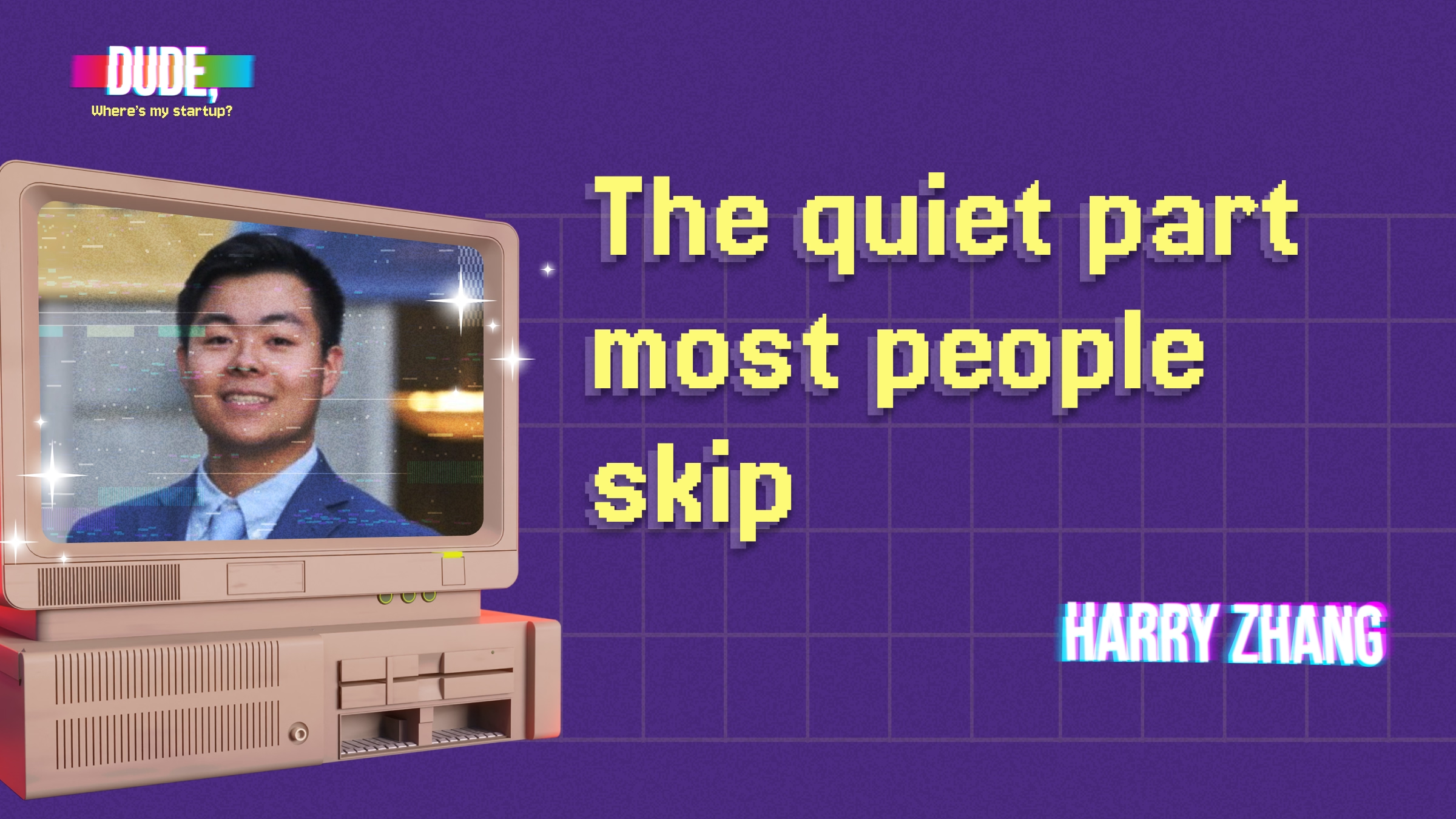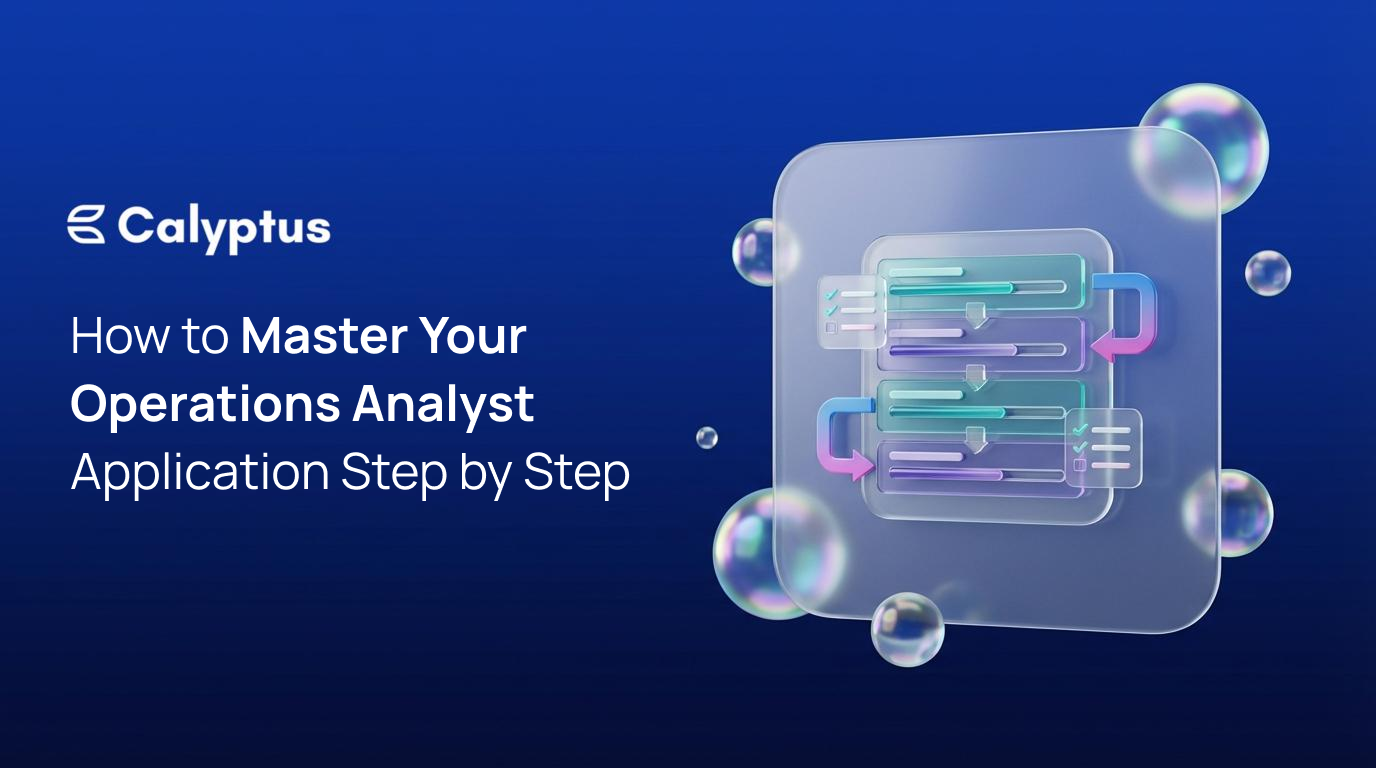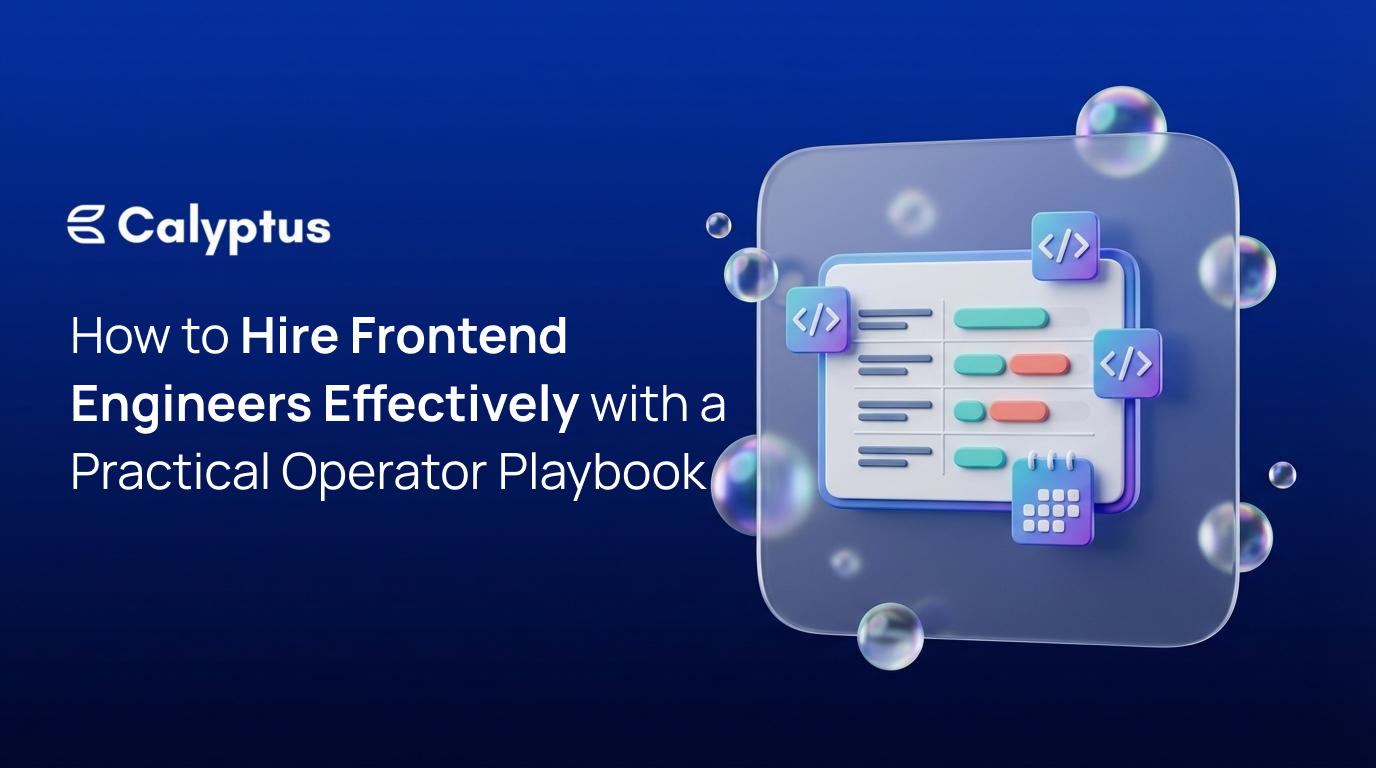In 2015, Harry Zhang wrote a paper on blockchain for an independent study. It was meant to be a one-off. The paper stretched on for a semester and pulled him into a rabbit hole of programmable money, decentralised systems, and what felt like the future. For years, he paid close attention, began to invest, but didn’t dive in full time.
The real turning point came in 2021, when his co-founder Cameron invited him to build again. They had worked together before, launching and exiting two edtech startups in Asia. The market had crashed, their paths had diverged, and crypto was back on the table. What started as a part-time founder community called Moonshot Commons became the beginning of something much bigger.
Today that something is HackQuest, one of the largest Web3 education and builder platforms globally. It runs hackathons, accelerators, developer education, and venture support. The numbers speak clearly: over 70 hackathons, hundreds of thousands of active users, millions in grant money distributed, and partnerships with 30+ chains. But what matters more than metrics is that it works. Founders get funded. Projects get built. Some even end up listed on Binance. Others raise quietly and grow fast.
The product didn’t land overnight. HackQuest was pre-product for over two years. There were prototypes, beta users, feedback loops. But no clear signal. It wasn’t until January 2024 that a public version shipped. The first few months were flat. Growth only kicked in after the platform launched its hackathon features and released version two. One release quadrupled traffic. But it took hundreds of smaller, less visible fixes to get there.
What kept Harry going wasn’t hype. It was listening. The HackQuest team ran two user calls per week, every week, from the beginning. They collected feedback, filtered the noise, and stayed close to the people they were building for. That habit became their edge.
He’s honest about what changed. At first, he focused on products, metrics, and surface-level traction. But after reviewing thousands of projects, he came to believe the team matters more than the idea. Most great startups pivot anyway. The real bet is whether a team can survive 12 months of chaos and still be standing.
Harry’s own company went through that cycle. The hardest stretch wasn’t the launch. It was the long pre-product phase. The waiting, the quiet fixes, the slow wins. But now that momentum is here, they’re building faster. New features roll out every two weeks. Bugs still happen. Angry hackers still write in. But now the curve is pointing up.
His advice for founders chasing grants? Ask the hard question: will your project survive 12 months? That lens filters out a lot of noise. It also forces clarity. Foundations need commitment, not promises.
HackQuest is still growing. Big announcements are in the pipeline. But the vision hasn’t changed. Help more people become credible builders. Back the ones who keep showing up. And make the bridge into crypto easier to cross.




